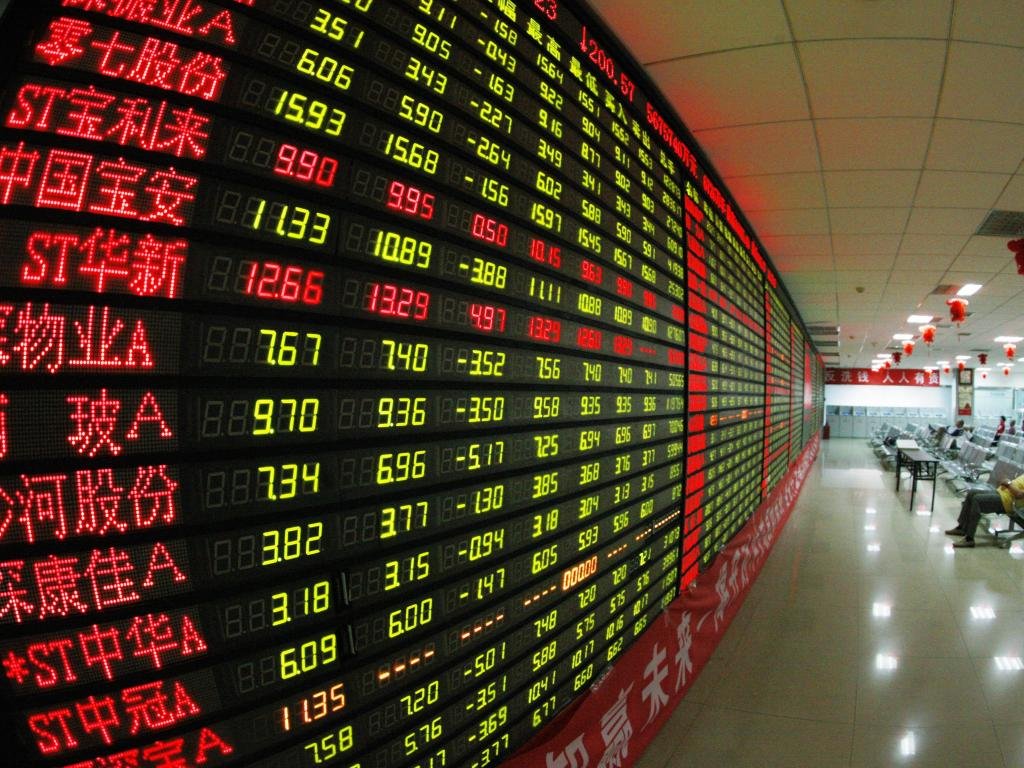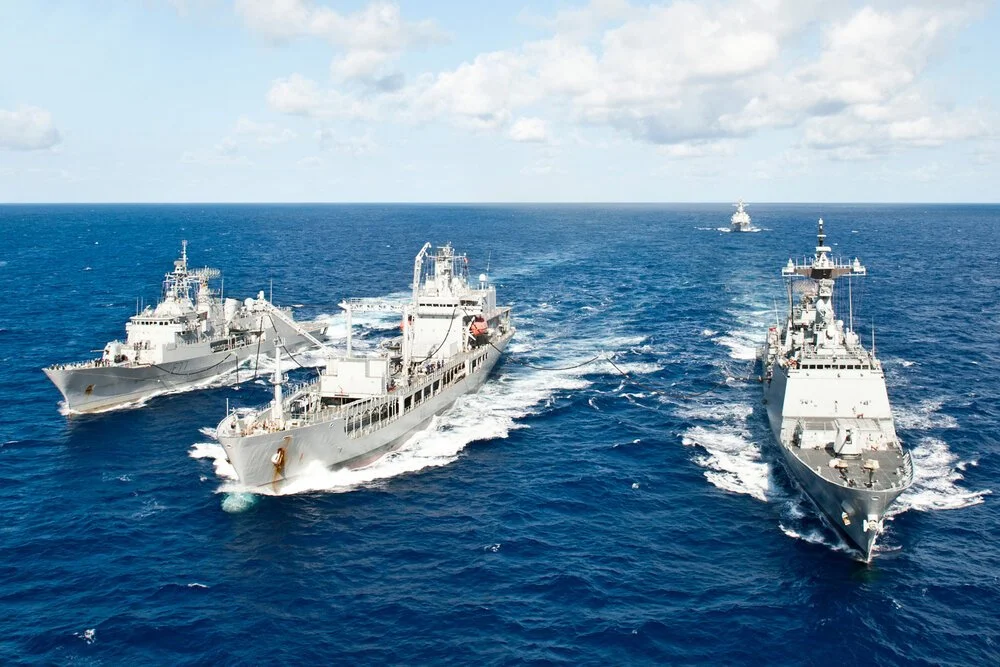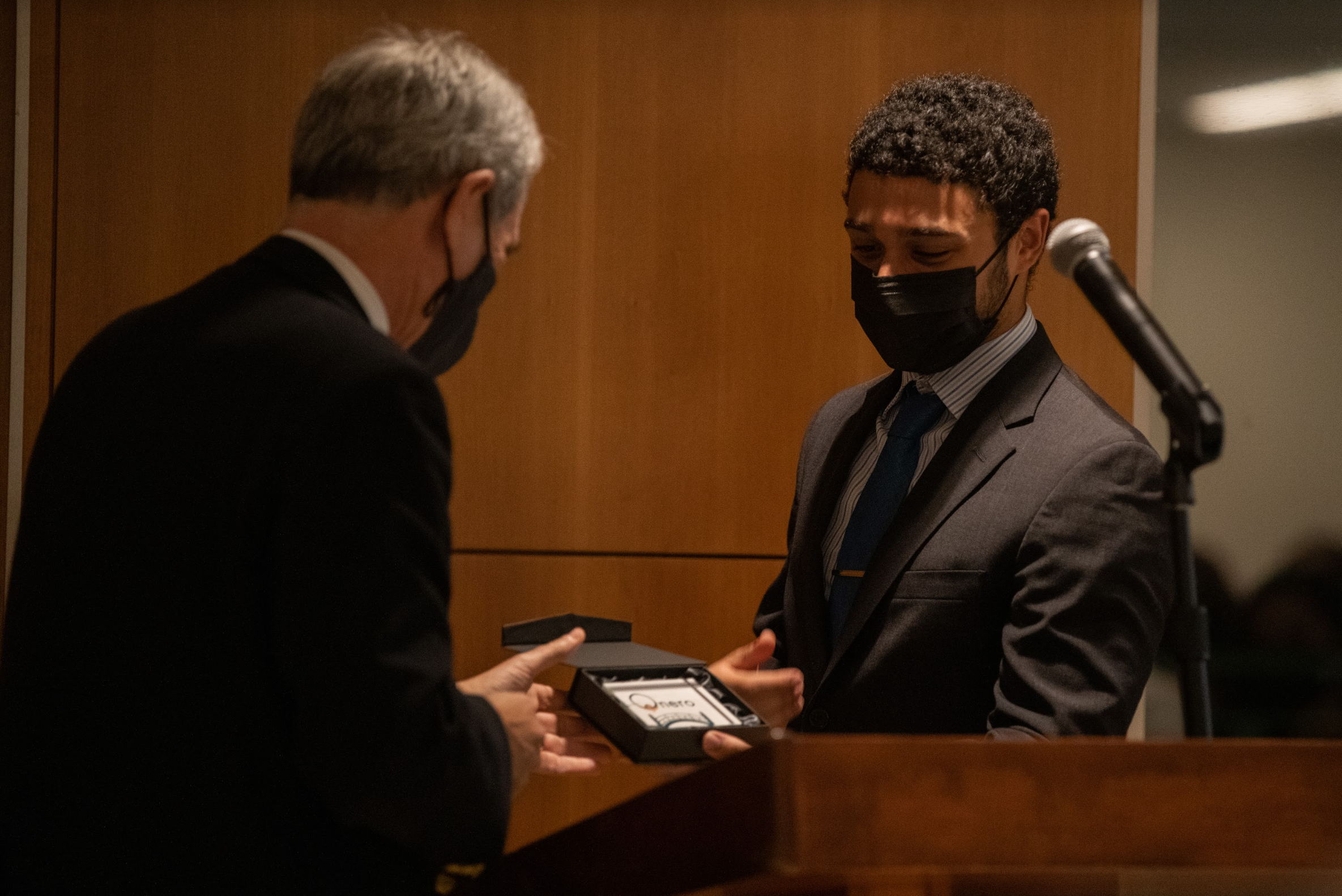
Research
Date Published
- May 2025
- April 2025
- March 2025
- February 2025
- January 2025
- December 2024
- November 2024
- October 2024
- September 2024
- August 2024
- July 2024
- June 2024
- March 2024
- February 2024
- October 2023
- March 2023
- February 2023
- January 2023
- November 2022
- October 2022
- January 2022
- November 2021
- October 2021
- August 2021
- July 2021
- March 2021
- September 2020
- August 2020
- July 2020
- February 2020
Filters to only view publications from a particular program:
20th CCP National Congress Special Issue 03: Politically Loyal and Preparing for Conflict.
This October, the Chinese Communist Party held its 20th National Congress which further cemented President Xi Jinping’s (习近平) control over China’s economy, society, and military. President Xi is fully aware of the looming conflicts brewing along the Sino-Indian border and within the East and South China Seas and their destabilizing potential. To address these threats to Chinese security interests, he seeks to modernize, expand, and affirm the allegiance of the Peoples’ Liberation Army (PLA) and ensure that China is capable of fighting and winning regional wars. It is important for international observers and leaders to note the implications of President Xi’s consolidation of power over the Chinese military and its effect on the PLA’s policies, strategies, and capabilities. We may soon enter a dangerous and militarized period of great power competition and the PLA will continue to be a crucial factor.
20th CCP National Congress Special Issue 03: China’s Socio-Economics issues
In the economic section of the 20th Party Congress Report, Chinese President Xi Jinping repeatedly mentioned the “Dual Circulation Model.” Since its initial proposal in May 2020, this economic development model has been openly advertised by Xi both domestically and internationally, including at the 3rd China International Import Expo, which took place in November 2020 in Shanghai. What is the Dual Circulation, and what exact goals is it set to achieve?
20th CCP National Congress Special Issue 02: China’s Zero Covid Policy and Beyond
Our Fellow, Howen Yu has had the opportunity to interview his own father–a Beijing based volunteer worker acutely impacted by the zero-covid policy during his stay in Tibet. The OICP have compiled a series of personal accounts from him during the 3-month long lockdown. Through these accounts, we attempt to illustrate the impacts of China’s strict covid restrictions towards normal civilians.
20th CCP National Congress Special Issue 01: China’s Zero Covid Policy and Beyond
Nearly three years into the pandemic, China is sticking with strict COVID-19 containment policies that have led to a string of lockdowns around the nation, economic damage, and widespread frustration among Chinese citizens. As reported by researchers at Oxford University who developed the Oxford Coronavirus Government Response Tracker (OxCGRT) to measure the strictness of government policies, China currently has the strictest containment measures. The Chinese government has yet to announce when or how it will ease its restrictions; how will China exit its zero-Covid policy?
Challenges and Parties in the Mekong/Lancang Watershed
At 4,909 km in length, the Mekong is Asia’s third longest river. It sustains over 70 million people across six countries with active fisheries, farming, industrial production and hydropower. However, the river’s long-term sustainability has been continuously threatened by expansive energy projects in the region. Despite the establishment of various cooperation mechanisms, these mechanisms either are too weak to impact dispute conflicts or unilaterally implement Chinese values. As each party desires to retain some forms of policy advantages over the other, the ever-increasing environmental challenges should be properly addressed in a cooperative manner.
AUKUS: A Joint Response to China’s Military Presence in the Indo-Pacific Region
Learn all about AUKUS, the trilateral security pact between Australia, the United Kingdom, and the United States, and its effect on Indo-Pacific security.








